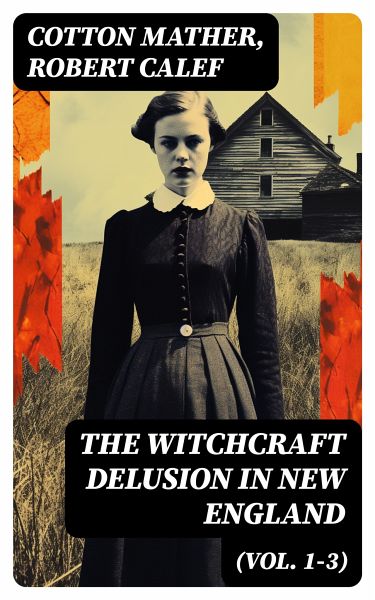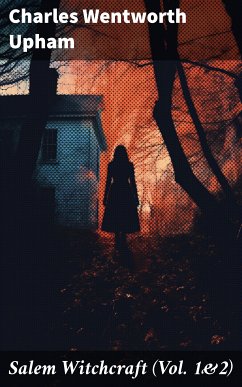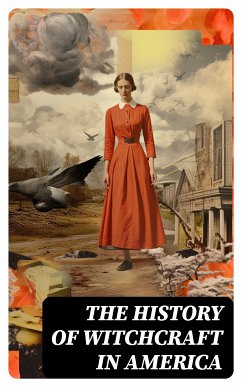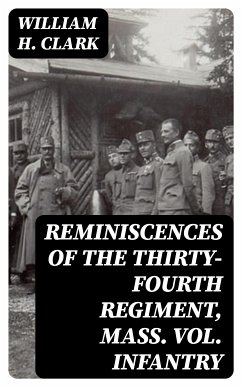
The Witchcraft Delusion in New England (Vol. 1-3) (eBook, ePUB)
Its Rise, Progress, and Termination (Complete Edition)
Redaktion: Drake, Samuel G.

PAYBACK Punkte
0 °P sammeln!
The Witchcraft Delusion in New England (Vol. 1-3) encapsulates the tumultuous period of the late 17th-century witch trials, offering a profound insight into the zeitgeist of a society grappling with fear, superstition, and the demand for moral clarity. This anthology meticulously curates a spectrum of narratives, narratives that oscillate from ardent religious fervor to burgeoning skepticism. The collection is a testament to the socio-religious pulse of early colonial America, where the tension between community cohesion and individual skepticism fostered a landscape ripe for the dramatic inte...
The Witchcraft Delusion in New England (Vol. 1-3) encapsulates the tumultuous period of the late 17th-century witch trials, offering a profound insight into the zeitgeist of a society grappling with fear, superstition, and the demand for moral clarity. This anthology meticulously curates a spectrum of narratives, narratives that oscillate from ardent religious fervor to burgeoning skepticism. The collection is a testament to the socio-religious pulse of early colonial America, where the tension between community cohesion and individual skepticism fostered a landscape ripe for the dramatic intersections of fear, faith, and reason. The duel narrative voices of Cotton Mather and Robert Calef represent divergent lenses through which the witchcraft trials were viewed, lending the anthology a contrasting yet complementary dialogue essential for understanding this historical epoch. Mather's firebrand religious texts are juxtaposed against Calef's rational critiques, embodying the conflict between unwavering faith and early Enlightenment thought. This collaboration aligns with the period's intense religious and intellectual currents, providing a balanced examination of the societal forces that sustained the witch trials. The fusion of their distinctive voices creates a rich tapestry that deepens our comprehension of this complex historical narrative. Recommended for scholars and inquisitive readers alike, The Witchcraft Delusion in New England offers an unparalleled opportunity to traverse the intricate dynamics of fear and belief that defined a pivotal era in American history. It invites an exploration into the contrasting ideologies and fervent debates of the time, serving as both a cautionary tale and an educational resource. This collection stands as a dialogue between fear and reason, encouraging readers to reflect on the enduring impact of these trials and the lessons they impart on contemporary discussions of faith, reason, and social justice.
Dieser Download kann aus rechtlichen Gründen nur mit Rechnungsadresse in A, B, BG, CY, CZ, D, DK, EW, E, FIN, F, GR, H, IRL, I, LT, L, LR, M, NL, PL, P, R, S, SLO, SK ausgeliefert werden.













